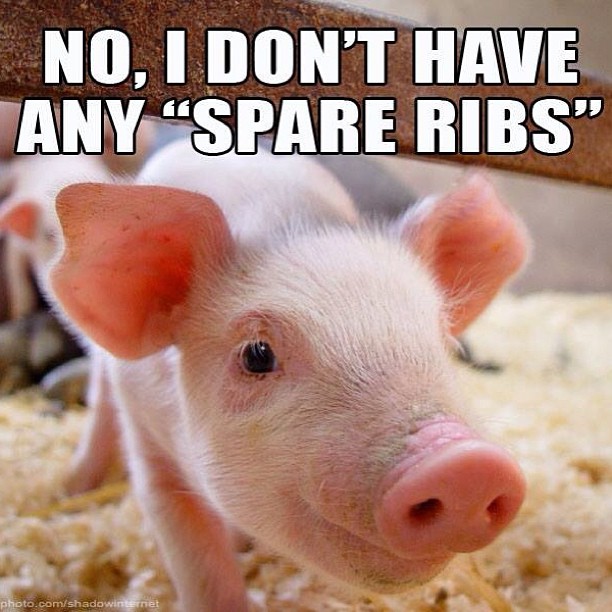Vegetarianism is often touted as being the ultimate healthy diet—and why wouldn’t it be?
Studies show time and time again that vegetarians live longer, have smaller cancer risks, and are generally healthier. While this may be true, it is definitely possible (and easy!) to be an unhealthy vegetarian.
I’ve been a vegetarian for over 10 years now, and have worked with hundreds of women (mostly moms) whose heart was set on a plant based diet (as in, a diet based on plants, not necessarily made of only plants). I found out something common to nearly all of them—in wanting to not kill animals for nourishment, they forgot that they, too, were an animal deserving of care, compassion, and nourishment.
I personally covered the gamut from processed food vegetarian to raw vegan, only to finally end up on the version of vegetarianism I recommend to the moms I work with: ancestral vegetarianism. No need to reinvent the wheel. Before globalisation and industrialization, there were already vegetarian cultures from which we have much to learn.
Nowadays, vegetarianism can be a completely different animal (pun intended!).
Here are five versions of vegetarianism you should avoid at all costs:
The Vegetarian in Denial
The vegetarian in denial will shout from the rooftops that he doesn’t eat meat at all, and he doesn’t miss it either. He has a Tofurky for Thanksgiving, burgers made from textured soy protein (“they taste just like meat!”), and tofu sausages. The problem here is that while he may be avoiding the health dangers of factory-farmed meat, he’s replacing them with hazardous and hormone disrupting soy, countless additives, refined sodium sources, and more.
The Low-Fat Vegetarian
The low-fat vegetarian will tell you that she can run miles every day, and doesn’t have an ounce of fat on her body—as if this were a good thing. She will tell you that you’re eating fat because you’re addicted to it, and that the ultimate diet is made of mostly fruits. The problem? Humans need good amounts of fat to absorb fat-soluble nutrients, they need it for healthy cholesterol levels (which aren’t as low as you’d think), they need it for proper brain function, and so much more.
Vegetarian cultures have thrived in part thanks to sacred sources of fat like ghee, kefir, coconut oil, etc.
The Junk Food Vegetarian
The junk food vegetarian apparently isn’t in it for the health benefits. Sugary carbonated drinks (or worse, sugar free) and donuts are all game for he who feels good eating unhealthy food…as long as no animal was directly killed in making it. The problems here are obvious. Low nutrition, a constantly jacked up blood sugar, resulting sugar cravings, low protein…the list is endless.
The Too-Busy-For-Food Vegetarian
No matter what dietary belief you adhere, you need to eat. Being vegetarian won’t save you from health issues just because there are no animals on your plate. That’s something the busy vegetarian often forgets. A granola bar on the go, a protein shake for lunch, and a quick dinner of pasta and jarred tomato sauce isn’t nearly enough to nourish. And really, even the most nourishing dishes aren’t nearly as nutritious as they could be when eaten in a hurry with minimal chewing.
The Easily Offended Vegetarian
I’ve learned so much about healthy eating by reading books and articles written by people who aren’t at all into plant based diets. There was a time when I was easily offended by anything that didn’t support vegetarianism, though. I still cringe when I remember the article I found about soy milk, and why it’s not good for you. I tossed it aside, and went on to drink soy milk for a couple more years… until I realized I should have taken my blinders off.
Even if you won’t heed someone’s advice in the end, keep an open mind. You never know what you might end up learning!
Vegetarianism is like any other diet out there. It can be very healthy, and it can be a total artery clogging disaster. Set your ego aside, take off your blinders, and kick dogma out of your life. To get started on your path to healthy vegetarianism, remember Michael Pollan’s wise words: “If it came from a plant, eat it; if it was made in a plant, don’t. ”
Author: Joanna Steven
Editor: Renée Picard
Image: crjohnsonx at Flickr

 Share on bsky
Share on bsky







Read 5 comments and reply